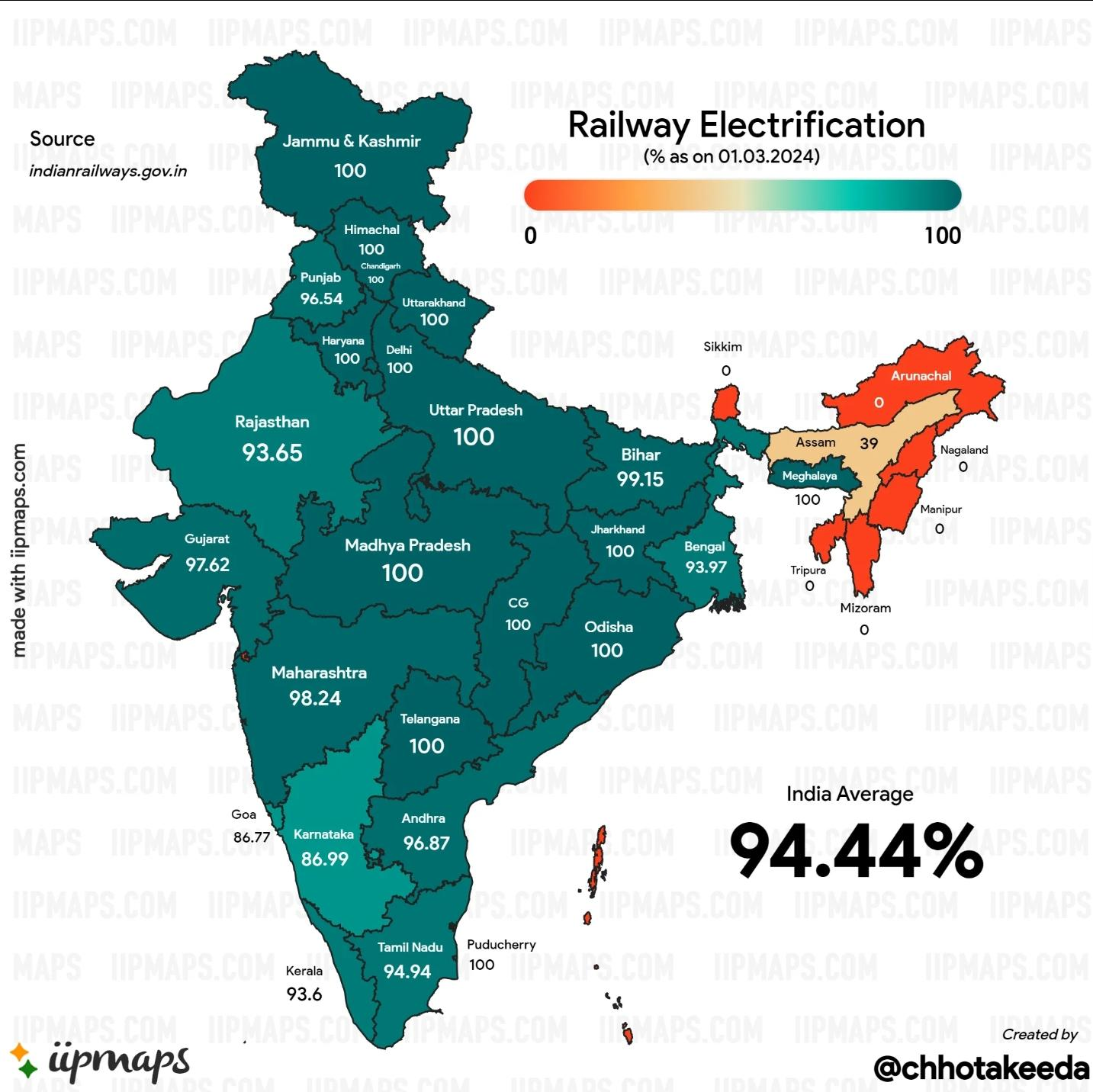this post was submitted on 15 Jun 2025
116 points (99.2% liked)
Map Enthusiasts
4551 readers
53 users here now
For the map enthused!
Rules:
-
post relevant content: interesting, informative, and/or pretty maps
-
be nice
founded 2 years ago
MODERATORS
you are viewing a single comment's thread
view the rest of the comments
view the rest of the comments

I can't find it now, but I saw a paper that said that India is one of 8 countries in the world where electric cars (charged from the main grid(s), no matter what time of day) release more CO2e than fossil-fuel cars, because of the amount and terrible quality of coal used to generate most electricity in those countries. The few cars charged only from renewable sources like wind/solar/etc. are of course vastly less omnicidal. Anyone have any good citations?
If this is true, would it also be true for coal-to-electricity trains vs more straight fossil-fueled trains?
Even trains in these bad coal-to-electricity countries might be less harmful than even the best renewably powered cars, as long as the trains aren't regularly running with minimal passengers.
It's a valid point. But electrification always has a huge efficiency advantage at the point of energy use, i.e. electric motors are far more energy-efficient than the best combustion engines. And, of course, it allows for the upstream energy source to be swapped out later. See the kind of thing that India has been building recently.
PS: article that has impressive photo of said solar park.
India's grid was about 37% renewable in 2020. I'm seeing estimates of 46% renewable as of now, but those aren't official. So that conclusion is very unlikely. What is possible is that EV subsidies might be encouraging people to buy electric cars instead of petrol bikes, which could increase emissions.
No, because diesel locomotives are actually diesel-electric - the diesel power is used to generate electricity, which then turns the wheels. So electric locos are simply replacing the very heavy, noisy and dirty diesel engine with a stationary power plant that can be located somewhere remote, much more efficient and does not need to be dragged along with the train. (They are also faster and more powerful, which is probably the bigger reason for electrification.)